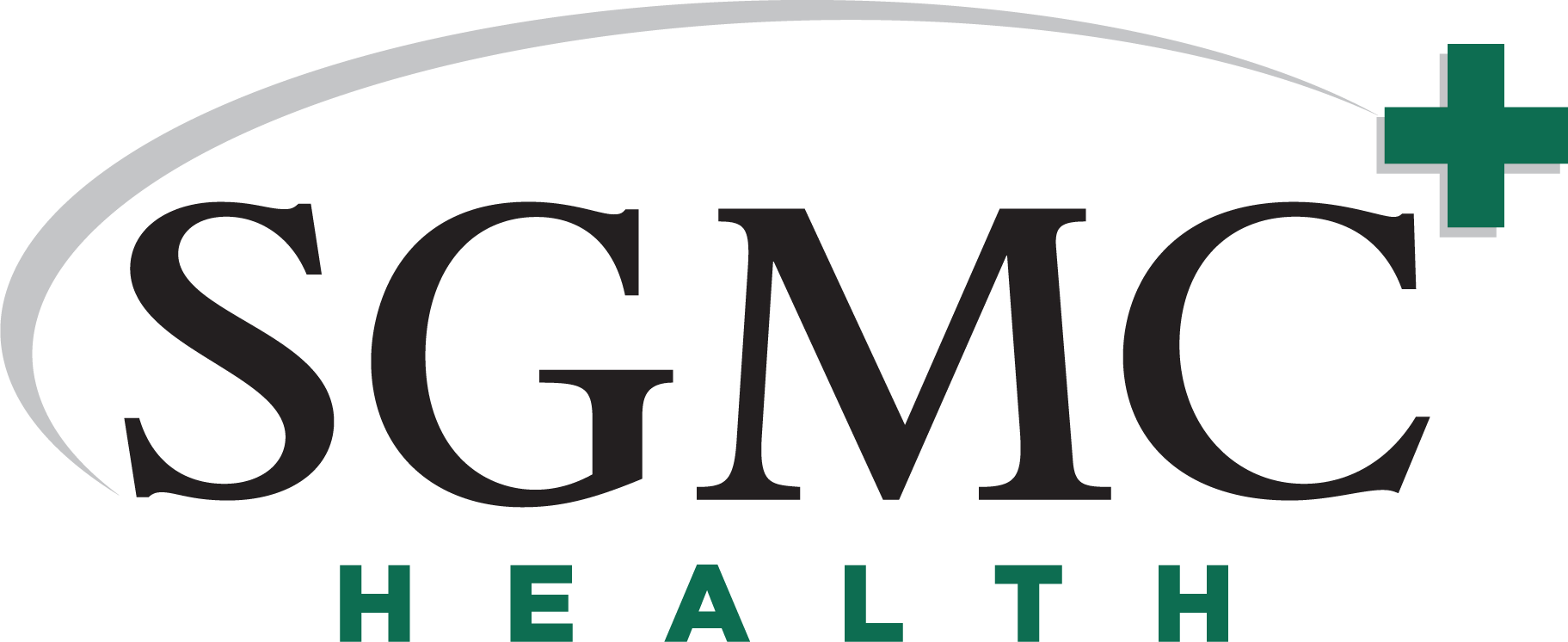Understanding how HSAs work will help you make the most of your HSA plan.
What is a HDHP?
A High-Deductible Health Plan (HDHP) is a health plan that has a lower monthly cost and pays no benefit until a higher annual deductible is met. Once the annual deductible is met, you will be responsible for copays and coinsurance until you reach the out-of-pocket maximum. You must have a qualified HDHP in order to have an HSA.
What is the HSA and how does it work?
An HSA is a bank account that can be used to pay for out-of-pocket health expenses. You will receive a debit card to pay for eligible expenses or you may submit receipts for reimbursement. You can make pre-tax contributions via payroll deductions or a one-time contribution. Money in your HSA can be used to pay any out-of-pocket expenses incurred prior to your medical plan’s annual deductible being met or other eligible health, vision, or dental expenses. Unlike an FSA, you can change your payroll deductions for the HSA during the year. For 2023, combined employee contributions cannot exceed $3,850 for individuals or $7,750 for families. Anyone over age 55 can add an additional $1,000 for catch-up contributions.
What expenses apply toward my plan deductible?
Even though HSA funds can be used for other qualified expenses (for example, orthodontia) only medical expenses covered by your medical plan apply towards your plan deductible.
Who verifies that my HSA was used for qualified expenses?
Save your receipts – in the event of an IRS audit, you are responsible for providing documentation to the IRS.
Do doctors require payment at the time of service?
Most network physicians will bill Anthem first and then bill you for your adjusted costs.
What happens to my HSA if I never withdraw funds, change jobs, or retire?
Funds in your HSA are yours, even if you change employers or retire. The less that you spend on current medical expenses, the more money that stays in your account accumulating interest. Under IRS guidelines, HSAs are treated like IRAs. HAS funds are never taxed or penalized if they are used for qualified medical expenses. Funds can be withdrawn for any reason, without penalty once you reach age 65.
Can I have an HSA and an FSA?
You cannot have an HSA and Health Care FSA; however, you can have a Dependent Care FSA.
